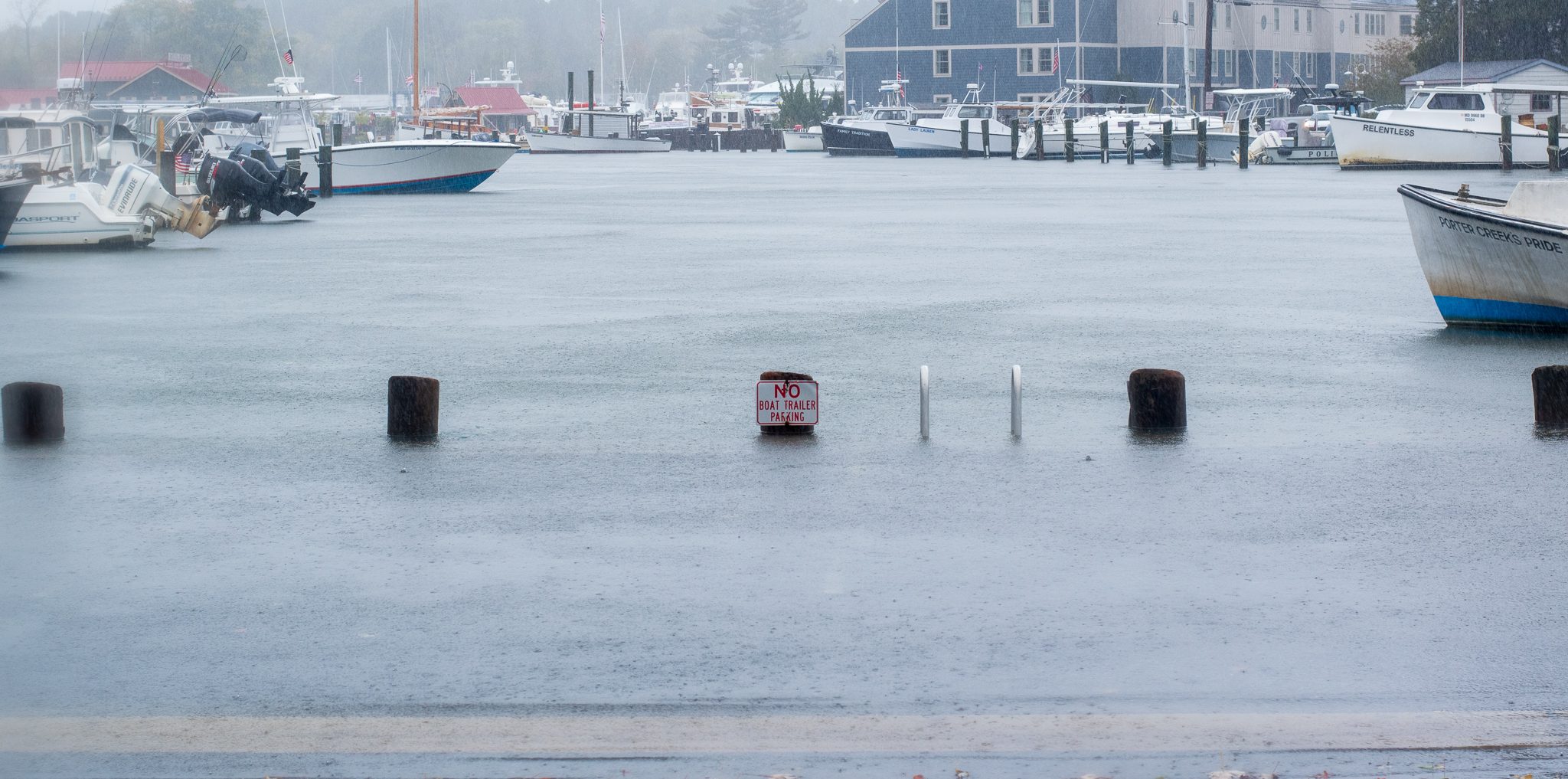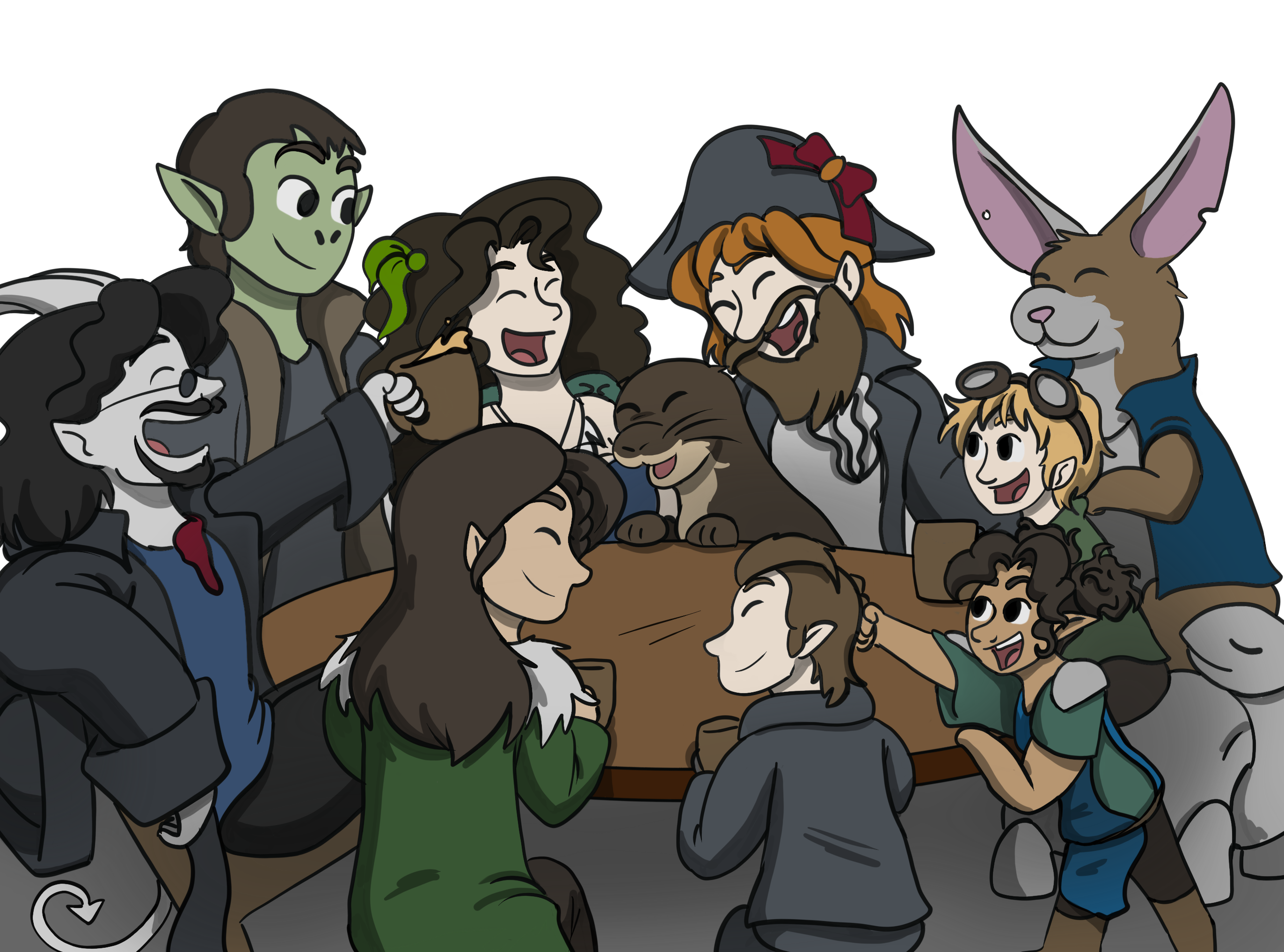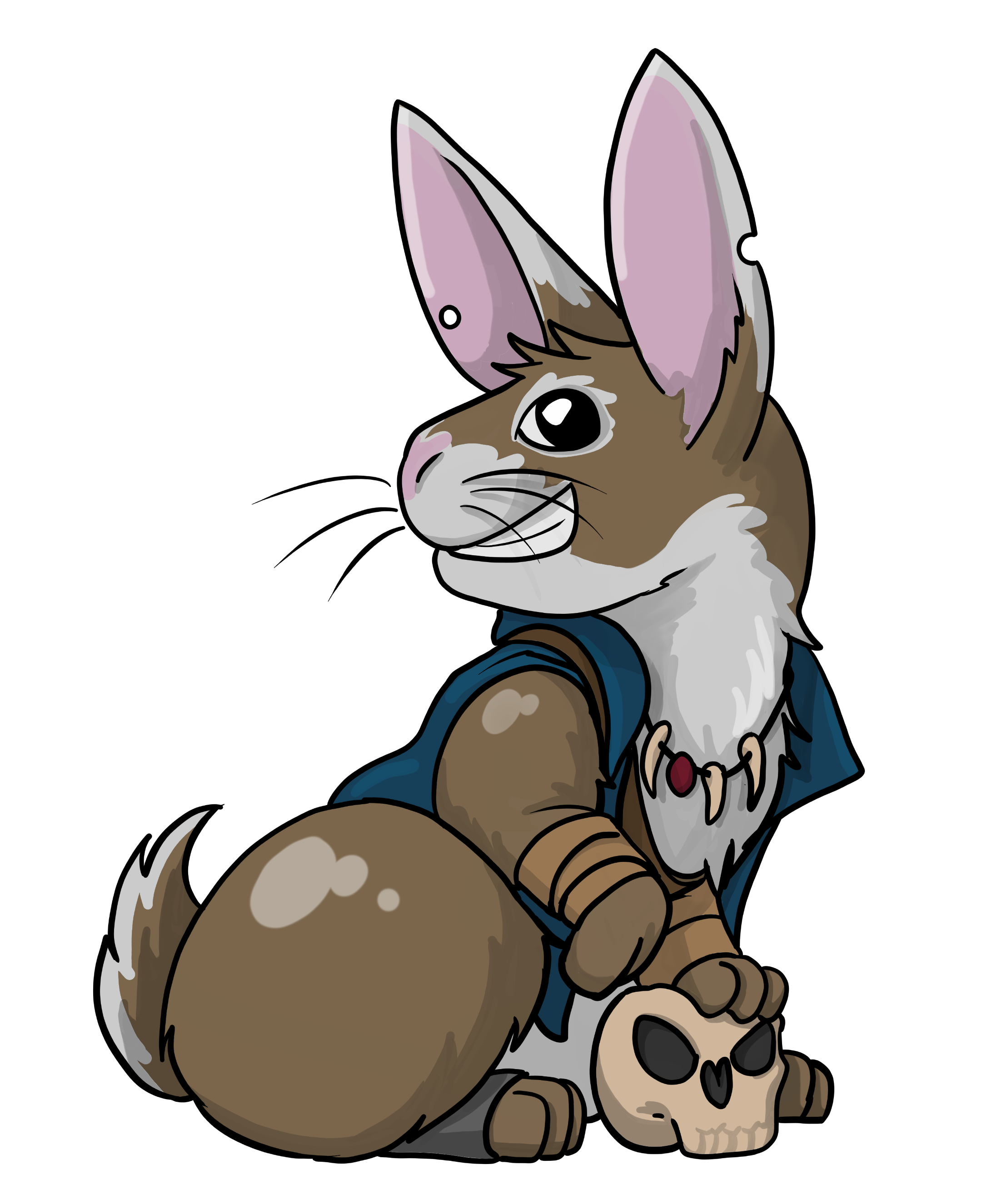Hello Friends, do you like Dungeons and Dragons? What’s your favorite class and why is it Circle of Spores Druid? In the campaign I run for my family, my daughter was sent to rescue the mayor, who was kidnapped by dwarves during a property dispute. In the process, she uncovered an illegal quicksilver mining operation, defended a clan of refugee wererats, and then put the dwarves on trial for heresy against O’sha, the patron god of worker safety. This game is great.
Ok, now that everyone else is gone, we need to talk.
You know about this whole climate change thing, right? Yeah, it’s pretty scary. A lot of people are saying we’re passed the tipping point. That’s not good.
A lot of other people are saying that there’s still room for hope, that we can still avert the worst possible outcomes, that climate change is an ongoing process but so are climate solutions. We aren’t out of time.
They’re right. But just barely.
Here’s the thing: we missed a big window. We missed the window where small actions and just a bit of political courage could turn things around. We missed our opportunity to gently turn the tide. Now we need to make big waves. The climate solutions that remain are not the easy solutions.
The good news is we know what these solutions are.
There are a lot of people, like you, asking what you can do to fix things. The answer now is frustratingly hollow. Structural, societal problems require structural, societal solutions. The minimum action you absolutely must take is vote. Vote for leaders that care about the climate and our future. Or, barring that, vote for leaders that are going to be around long enough for their decisions to matter to their future and then hold them accountable.
That’s the advice I give when people ask what they can do. I hate giving people this advice but I give it anyway because, for most people, that’s their limit. It is necessary, but it is not sufficient.
Voting is our minimum obligation to a resilient future.
There is something else you can do, and it’s not fun and it’s not easy and it’s largely thankless and frustrating and sometimes pretty scary. It’s the difference between hoping for leaders willing to prioritize climate change and guaranteeing those priorities are reflected in your local government.
It’s you. You need to lead. You have to run for something.
Cool intro, Andrew, but what does any of this have to do with Dungeons and Dragons?
For almost two decades, I have been part of the Science Communication movement. Our whole thing was to inspire and educate, teach people about science, wow them about the world, and convince them that it was worth saving. Inspiration is great, but it’s time to talk tactics.
The kind of tactics we need are the tactics that D&D players excel at. Especially you, Dungeon Masters.
Forgive me, but I’m going to make an assumption about the kinds of people who play D&D. The storytellers who carefully craft worlds for their friends to explore. The Dungeon Masters who have a deep well of knowledge about the lore, the rules, the characters, and the abilities of their players. The kinds of people who read the entire players handbook, the supplements, and the unearthed arcana searching for that perfect combination of rules, skills, exploits, and ephemera that let you take your game in an entirely unintentional direction.
That assumption is that most of you excel at navigating arcane tomes of lore and history and roles and rules and marginalia in order to derive interesting and unique solutions to seemingly insurmountable problems.
There’s a technical term that describes that skillset, and that term is “governance”.
Your local government has a Player’s Handbook and Dungeon Master’s Guide. It’s your town bylaws, your city charter, you county covenant, your state constitution. Whatever it’s called, it’s the governing documents for local government. Those governing documents will likely be hosted on eCode360 or a similar bylaws indexing service. Frankly, eCode is significantly easier to navigate than DnD Beyond.
Within those governing documents are lists of the roles you, as a citizen of that municipality, can play in your local government. There could be zoning boards, wetlands commissions, development councils, ethics and integrity committees, and other bodies. Some roles are regulatory. Some roles are advisory. Some roles are enforcement. There will be instructions on how to serve in those roles. Sometimes you need to run in an open election. Sometimes you’re appointed by a higher commission. Sometimes the board itself votes to appoint you.
Those governing documents will tell you exactly what each board, commission, council, or committee can and can’t do, what their mandate is for the community, and how and when decisions are made. This will almost certainly be a tortuous font of legalese and bureaucratic jargon. But you made it through Advanced D&D and the THAC0 system, so you’ve got this.
Decide what you want to see in your community. Maybe it’s protecting wetlands or increasing access to public spaces or adding bike lanes. Pick an outcome, a single goal that helps get us towards a more resilient future. Maybe you want to incentivize electric vehicle adoption. Maybe you want to promote solar energy development. Maybe your town floods at high tide and you want to raise the roads. Maybe you want to support public education in you community and ensure children get the education they are owed, rather than the nonsensical mess promoted by radical fundamentalists.
Figure out what body governs the changes you want to see. At the local level, most of them are volunteer positions. They don’t come with enormous time commitments. The two bodies I serve on, my county library board and my town climate change commission, each meet for a few hours once a month. You should probably familiarize yourself with Robert’s Rules of Order, too.
Once you know which bodies oversee the issues that matter most to you; once you have a clear idea of a discrete, obtainable goal; once you’ve poured through the bylaws so that you understand the process involved and how you can use the structure of the rules to move the needle towards you desired outcome; and once you’ve attended a handful of meetings (local governance meetings are almost always public) so that you have some idea how the process looks in practice, here’s what you have to do:
You have to run for something.
It is fun? Not really.
Will people be grateful for the work I do? Not particularly.
Will I be effective? Not initially. Certainly don’t expect to change the world in your first term.
What if I don’t win? You try again next time.
What if I’m not qualified? That has never stopped unqualified people from seeking public office, before. Why should it stop you?
What if I rolled an 8 on Charisma? Consider the US Senate.
A town council isn’t going to stop climate change. No. But local government is where the rubber meets the road. Local government is where things like the infrastructure grants in the Inflation Reduction Act get turned into actual infrastructure. Local government is where EV charging stations get approved, where wetlands and conservation areas get zoned, where stormwater surveys get commissioned. When the federal government announces billions of dollars in new grants for climate resiliency programs, it’s local government that comes out with projects to invest in.
None of this will be easy and none of it will be fast. The projects I’m working on now have 5 or 10 year time horizons. Government is slow. But if there are enough citizen ready and willing to serve their communities, we can push the needle a little bit closer to real solutions. At the very minimum, you can serve as a bulwark against backsliding into regressive accelerationist policies.
We have crossed the Rubicon. There are no more easy answers or simple solutions to the climate crisis. We’re going to have to fight the hard fights, and that means that if you can’t convince policymakers to take their responsibilities seriously, then the next best option is to become the policymakers. No one is going to tell you when the time is right. No one is going to given you permission to take that next step. No one is going to wait for you to be ready.
The moment is now. Roll for initiative.
Southern Fried Science is free and ad-free. Southern Fried Science and the OpenCTD project are supported by funding from our Patreon Subscribers. If you value these resources, please consider contributing a few dollars to help keep the servers running and the coffee flowing. We have stickers.




